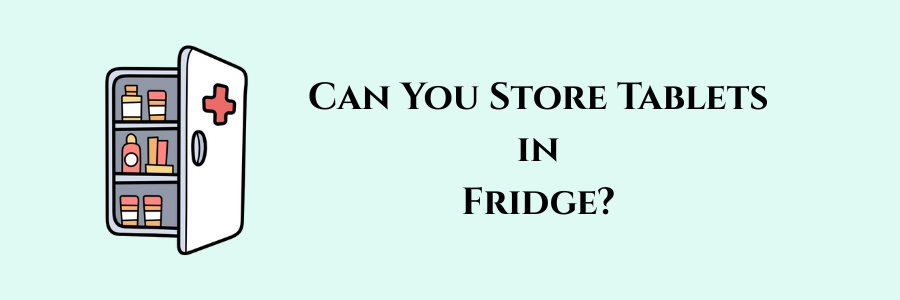Short Answer: No, unless the label or pharmacist says so.
Why You Shouldn’t Refrigerate Tablets?
1. Condensation = Killer
- Every time you open the fridge, moisture condenses on tablets.
- Tablets are hygroscopic — they absorb moisture.
- Moisture = breakdown of active ingredients, loss of potency.
2. Not Designed for Cold
- Most tablets are designed to be stored at room temperature (15–25°C).
- Cold temperatures may alter the binding, disintegration, and release profile.
3. Packaging Breakdown
- Blister packs and bottles may warp or become brittle in the cold.
- Seals can break due to expansion/contraction cycles.
When Fridge Is Okay for Medicines?
Only store in the fridge if the label or pharmacist clearly says:
“Store at 2–8°C”
Examples:
Insulin, Certain biologicals, Vaccines, Some probiotics
Tablets? Rarely. And when needed, they are formulated accordingly.
Golden Rule
“Store in a cool, dry place away from sunlight” → This usually means a drawer or shelf, NOT a refrigerator.
Real-World Myth
“Fridge = Safe” is a harmful myth.
It can lead to:
- Loss of therapeutic effect
- Wastage
- Potential health risks
Fun Fact
Humidity inside the fridge often exceeds room temperature air when opened! So ironically, your “cool fridge” becomes a mini moisture trap.
Read also:
- How to Prevent Medication Error?
- Over-utilization of Proton-Pump Inhibitors
- Compounding Pharmacy Violations Which Put Patients at Risk
Resource Person: Dev Soni

